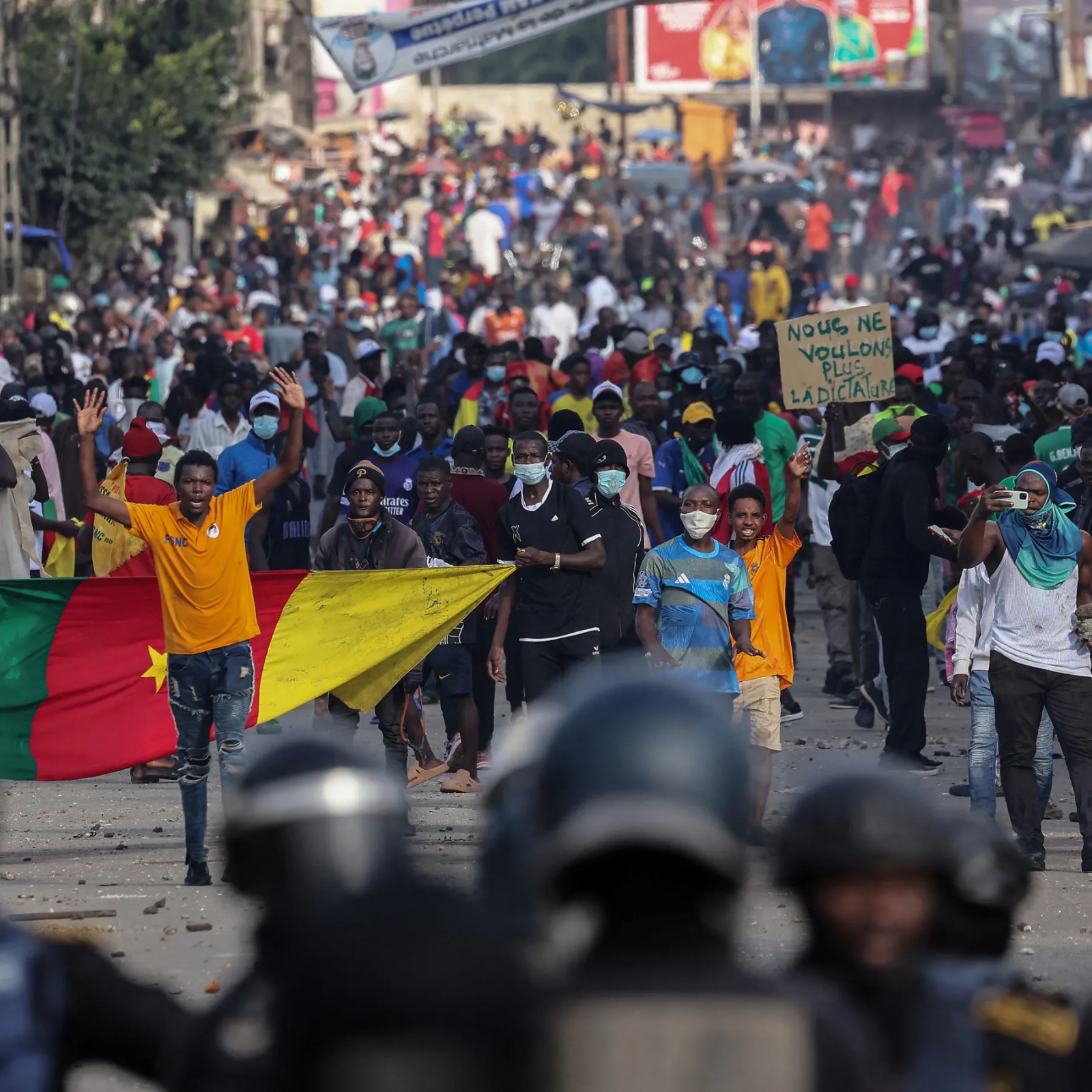Introduction to Cameroon Unrest
The Cameroon Unrest has escalated nationwide following President Paul Biya’s re-election, triggered by allegations of ballot irregularities and voter intimidation. Citizens have staged protests demanding transparency and accountability, resulting in clashes with security forces. Curfews and internet shutdowns have been imposed, intensifying tensions. Opposition groups are pressing for investigations into alleged election fraud, while international observers monitor human rights concerns. The unrest highlights deep political divisions and underscores the urgent need for dialogue, democratic reforms, and protection of civil liberties to stabilize the country.
Political Background of Cameroon Unrest
Political tensions in Cameroon have deep roots, with historical grievances over governance, corruption, and lack of representation fueling dissatisfaction. The recent elections intensified these issues, with citizens alleging irregularities and electoral malpractice. Understanding this context is essential to grasp the scope of the Cameroon Unrest and the factors driving widespread mobilization.
Nationwide Demonstrations in Cameroon Unrest
Protests have erupted across major cities, including Douala, Yaoundé, and Bafoussam, reflecting public frustration with governance and election integrity. Demonstrators demand transparency and accountability, often facing confrontations with security forces. Youth groups and civil society organizations play a central role in organizing these mobilizations. The widespread demonstrations indicate a strong demand for political reform and civic engagement amid the Cameroon Unrest.
Government Measures Amid
Authorities have responded to the Cameroon Unrest with curfews, internet restrictions, and deployment of security forces. While these steps aim to restore order, they have drawn criticism for limiting civil liberties and freedom of expression. Reports of excessive force against civilians have intensified tensions and attracted international attention. Effective conflict management requires a balance between security and respect for democratic rights.
Humanitarian and Social Impacts of
The unrest has disrupted daily life, affecting schools, businesses, and healthcare services. Citizens face restricted movement, reduced access to essential services, and increased insecurity. The social strain has significant psychological effects, particularly on vulnerable populations. Addressing both immediate humanitarian needs and long-term social stability is crucial to mitigate the impacts of the Cameroon Unrest.
Media and Information Challenges During
During the Cameroon Unrest, journalists face restrictions due to internet blackouts and media limitations. Information flow has been curtailed, and citizens rely on informal communication channels. These limitations can fuel misinformation and hinder informed public discourse. Transparent communication is essential for fostering trust and accurate understanding of unfolding events.
Opposition and Civil Society Role
Opposition parties and civil society organizations have been pivotal in mobilizing citizens and demanding electoral transparency. Demonstrations and advocacy campaigns emphasize accountability and democratic reform. International observers support these efforts, calling for investigations into alleged irregularities. The sustained activism underscores the importance of civic engagement in shaping political change during the Cameroon Unrest.
Economic Consequences
Economic activity has been disrupted by curfews, strikes, and security concerns. Businesses and trade have been affected, and investor confidence is negatively impacted. Long-term instability could exacerbate unemployment and poverty, underscoring the link between political stability and economic development. Addressing the root causes of the Cameroon Unrest is vital for both social and economic recovery.
Regional and International Perspective
The situation has drawn global attention, with foreign governments and international organizations closely monitoring developments. Calls for peaceful resolution, human rights protection, and electoral transparency are growing. Regional stability could be affected if unrest escalates or spreads, making international engagement critical to supporting democratic processes and mitigating political instability.
Outlook and Recommendations
Sustainable solutions require political reforms and constructive dialogue. Transparent investigations into electoral irregularities, restoration of civil liberties, and inclusive governance are key to stabilizing the country. Coordination among local authorities, civil society, and international partners is essential for restoring trust and peace. Addressing public grievances effectively will reduce unrest and strengthen Cameroon’s democratic institutions.
FAQs About Cameroon Unrest
Q1: What caused the Cameroon Unrest?
The unrest was triggered by President Biya’s re-election amid allegations of electoral fraud and voter intimidation.
Q2: Which areas are most affected by Cameroon Unrest?
Major cities like Douala, Yaoundé, and Bafoussam have witnessed the largest demonstrations and security interventions.
Q3: How is the government managing the Cameroon Unrest?
Authorities have imposed curfews, internet restrictions, and deployed security forces to restore order.
Conclusion on Cameroon Unrest
The Cameroon Unrest reflects widespread dissatisfaction with the political system and electoral processes following President Biya’s re-election. Protests, curfews, internet blackouts, and human rights concerns reveal systemic challenges in governance. Resolving the crisis requires transparent elections, protection of civil liberties, and open dialogue between government authorities and opposition groups. Collaborative efforts at the national and international levels are essential to restore stability, trust, and democratic governance in Cameroon.


